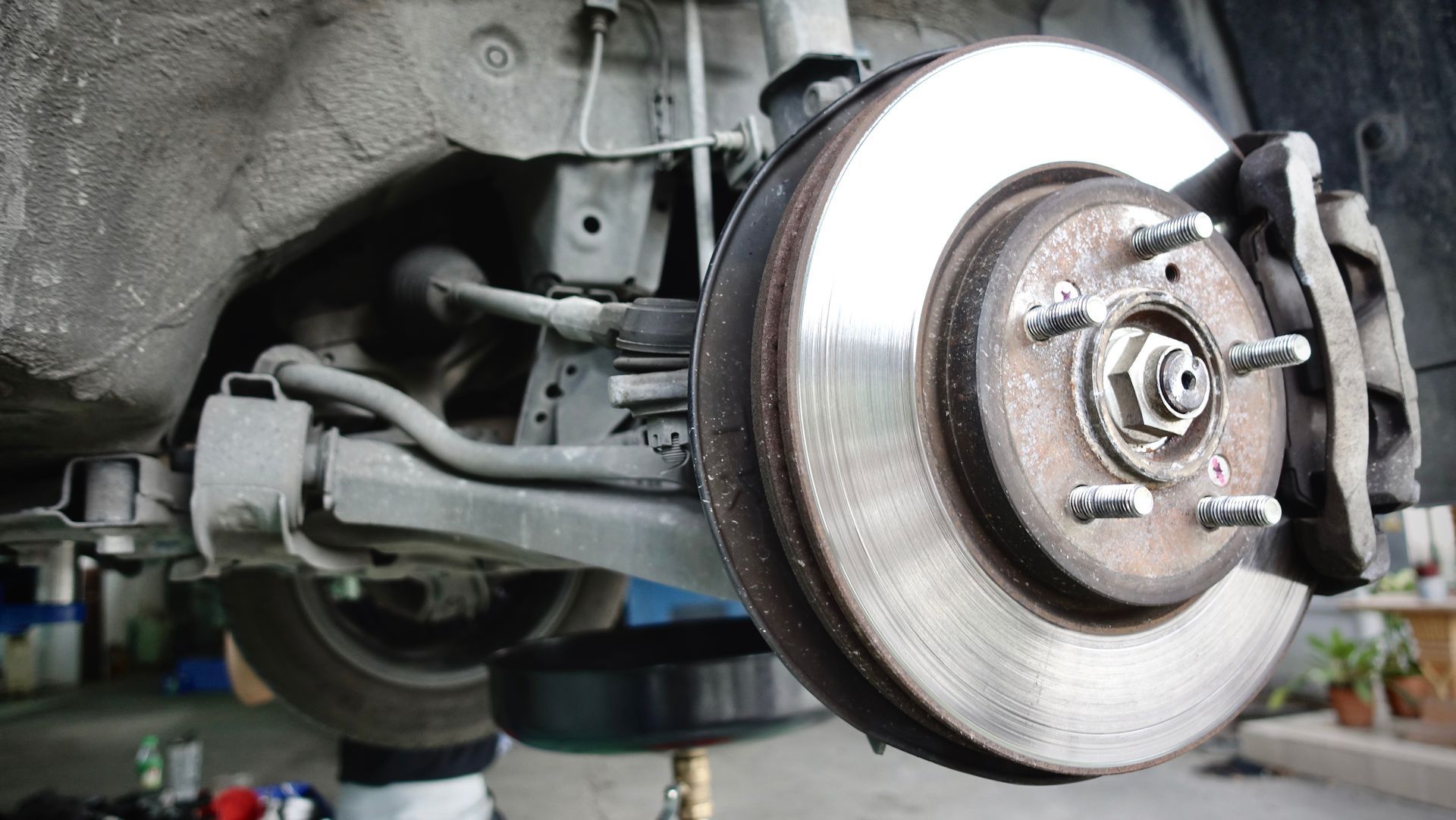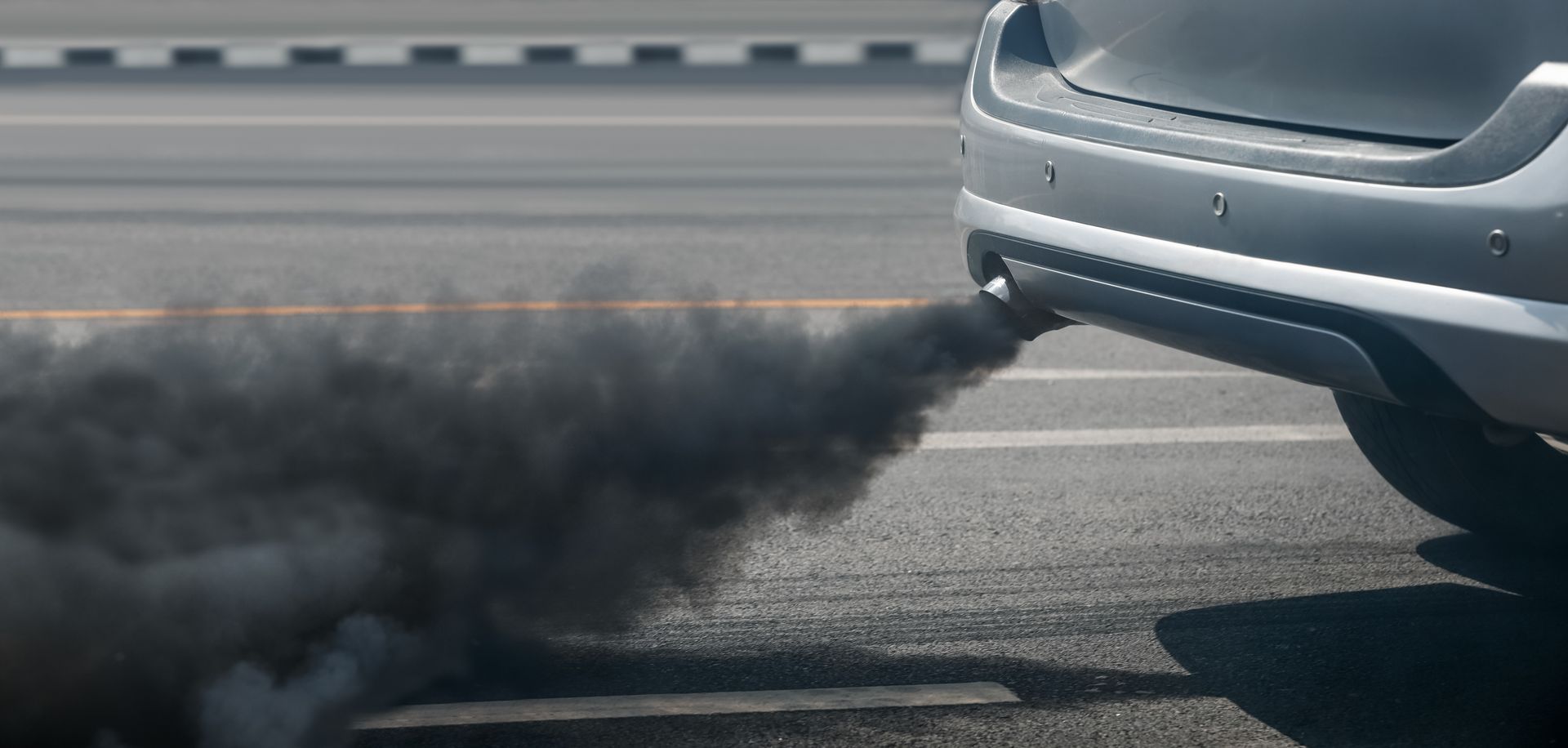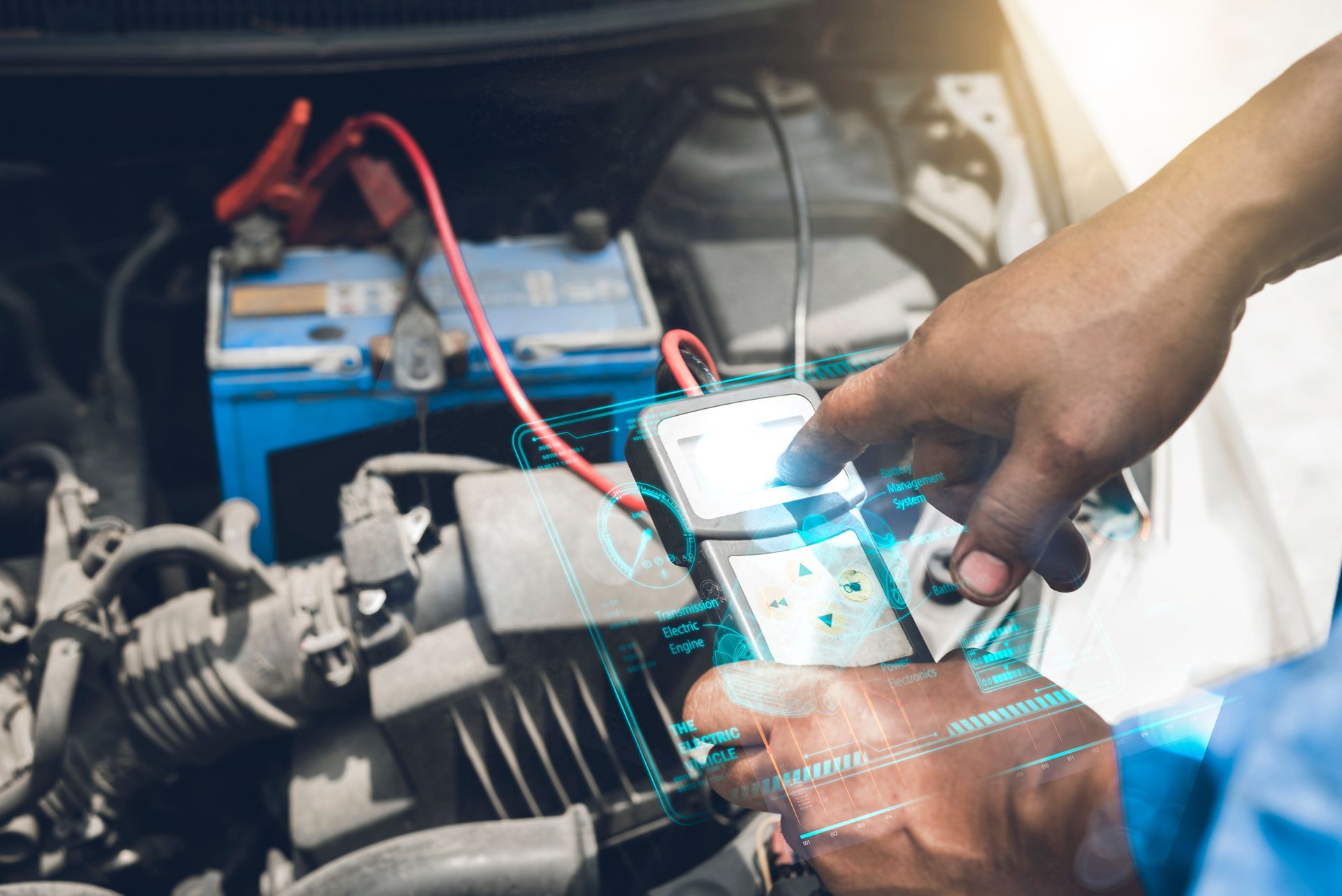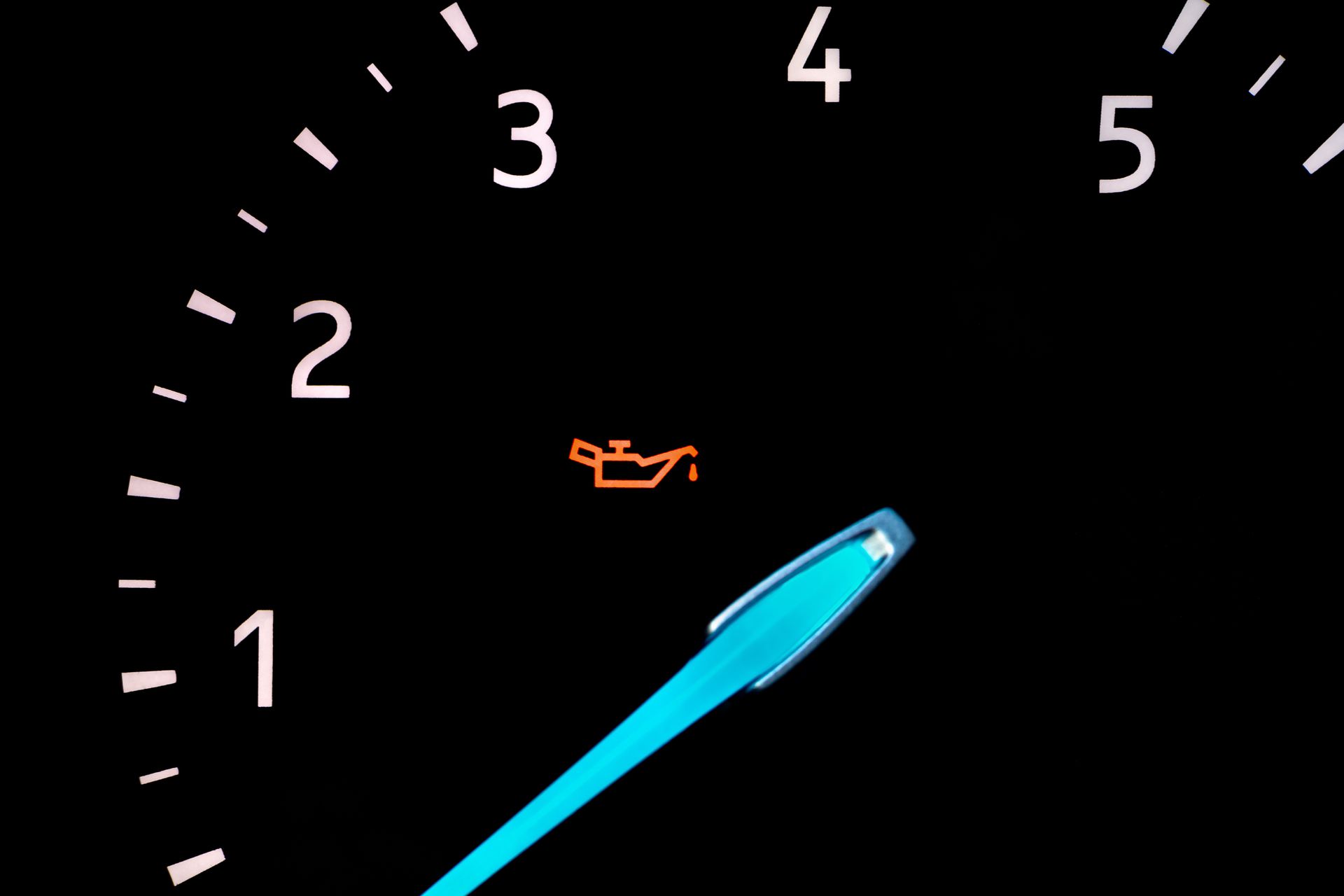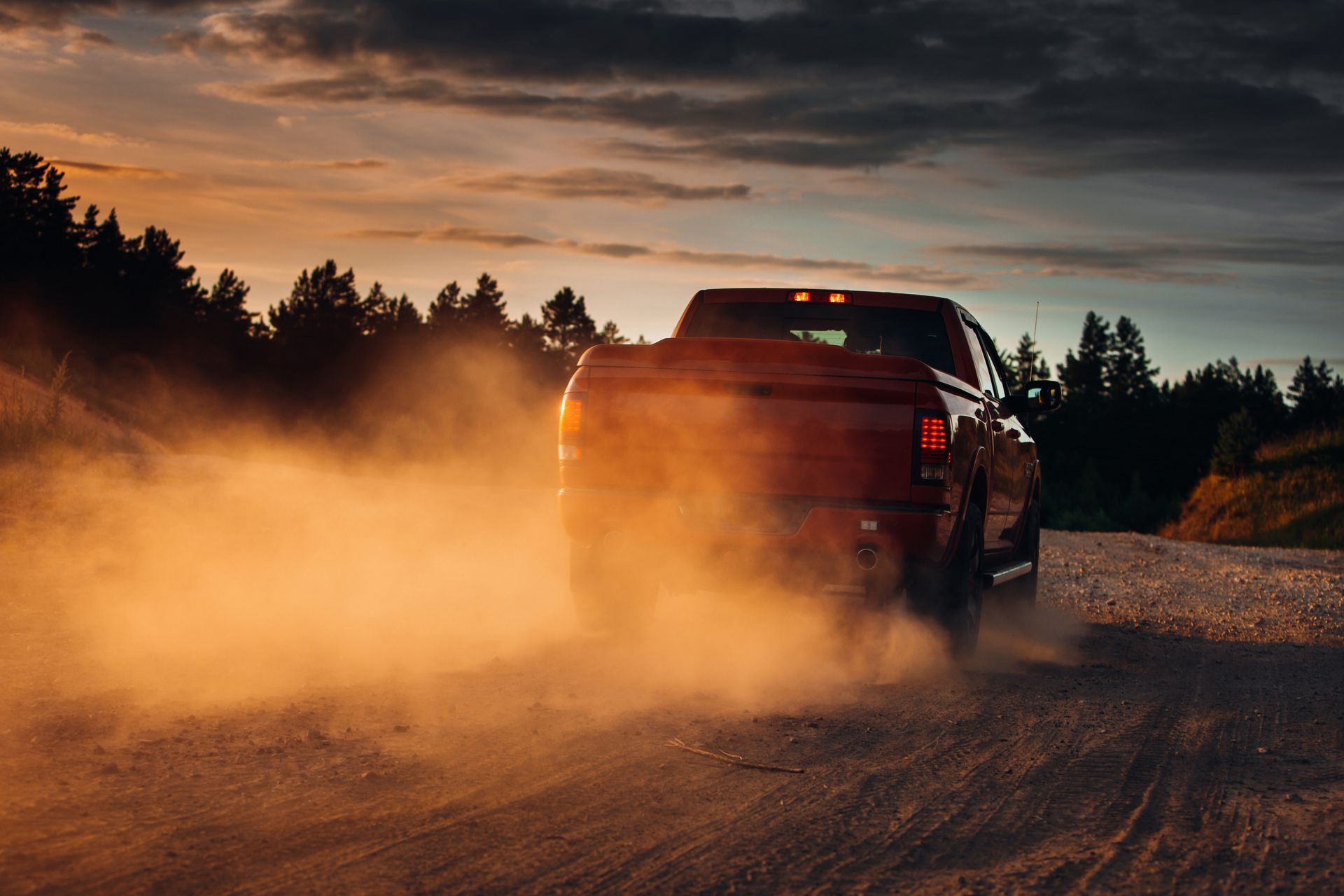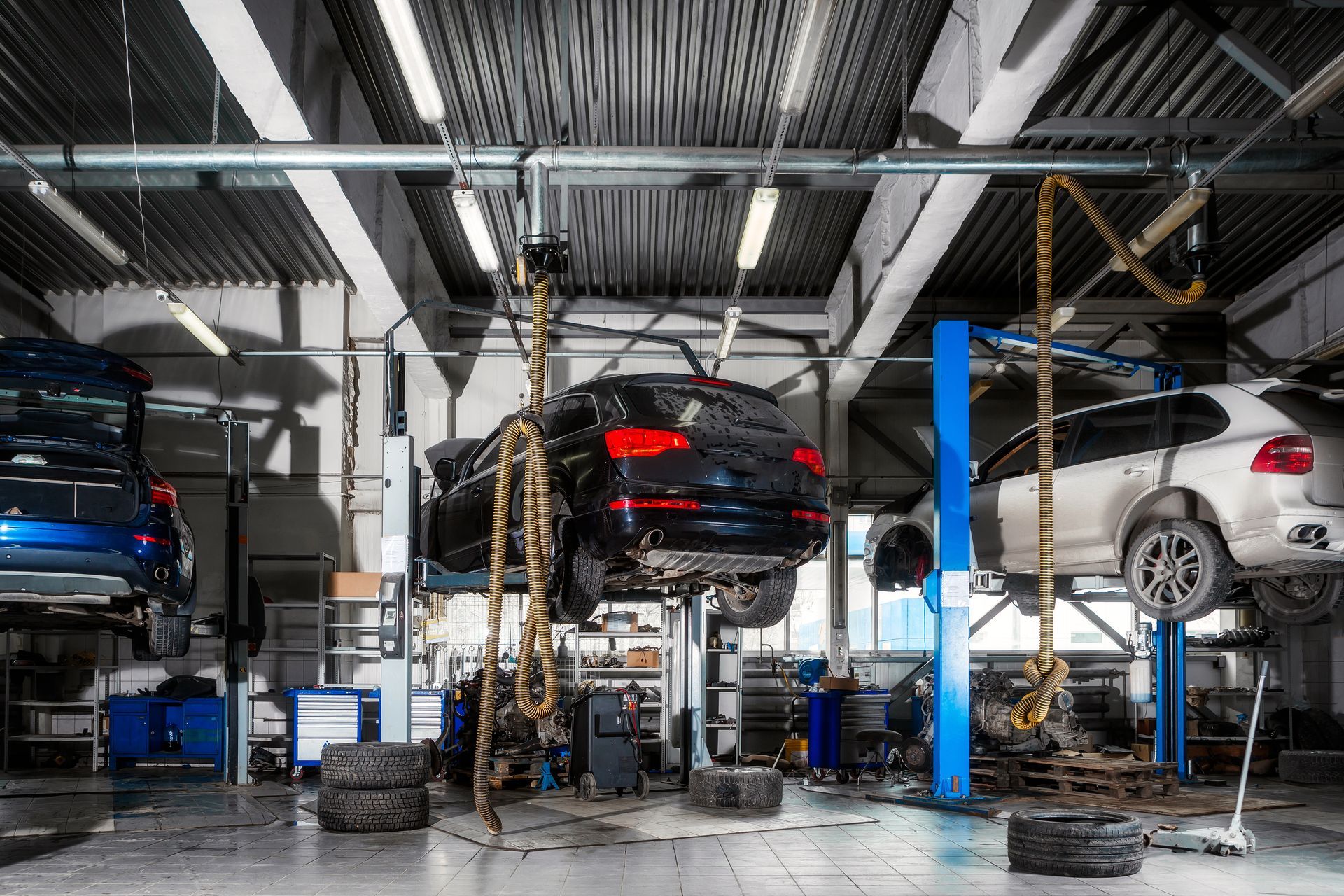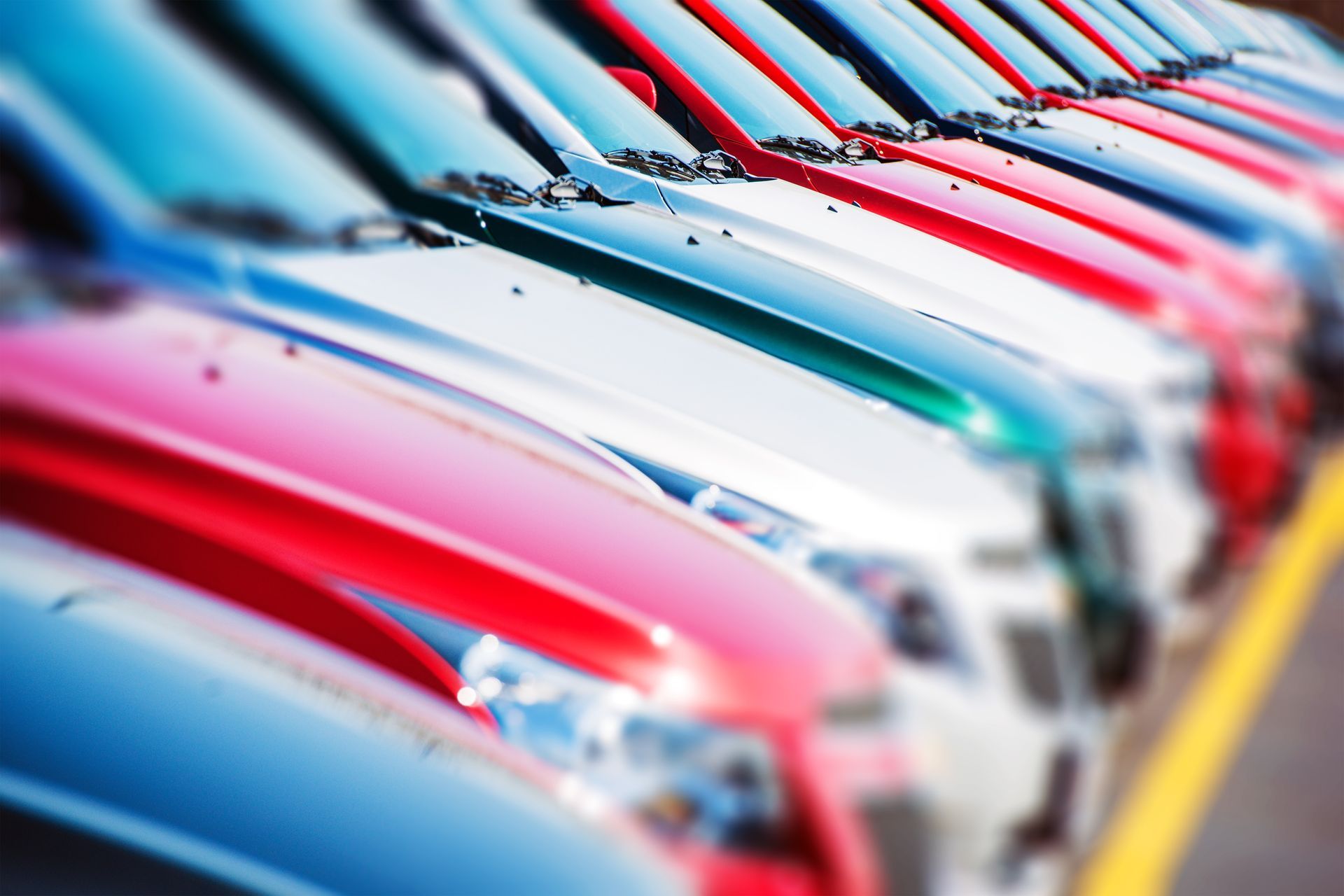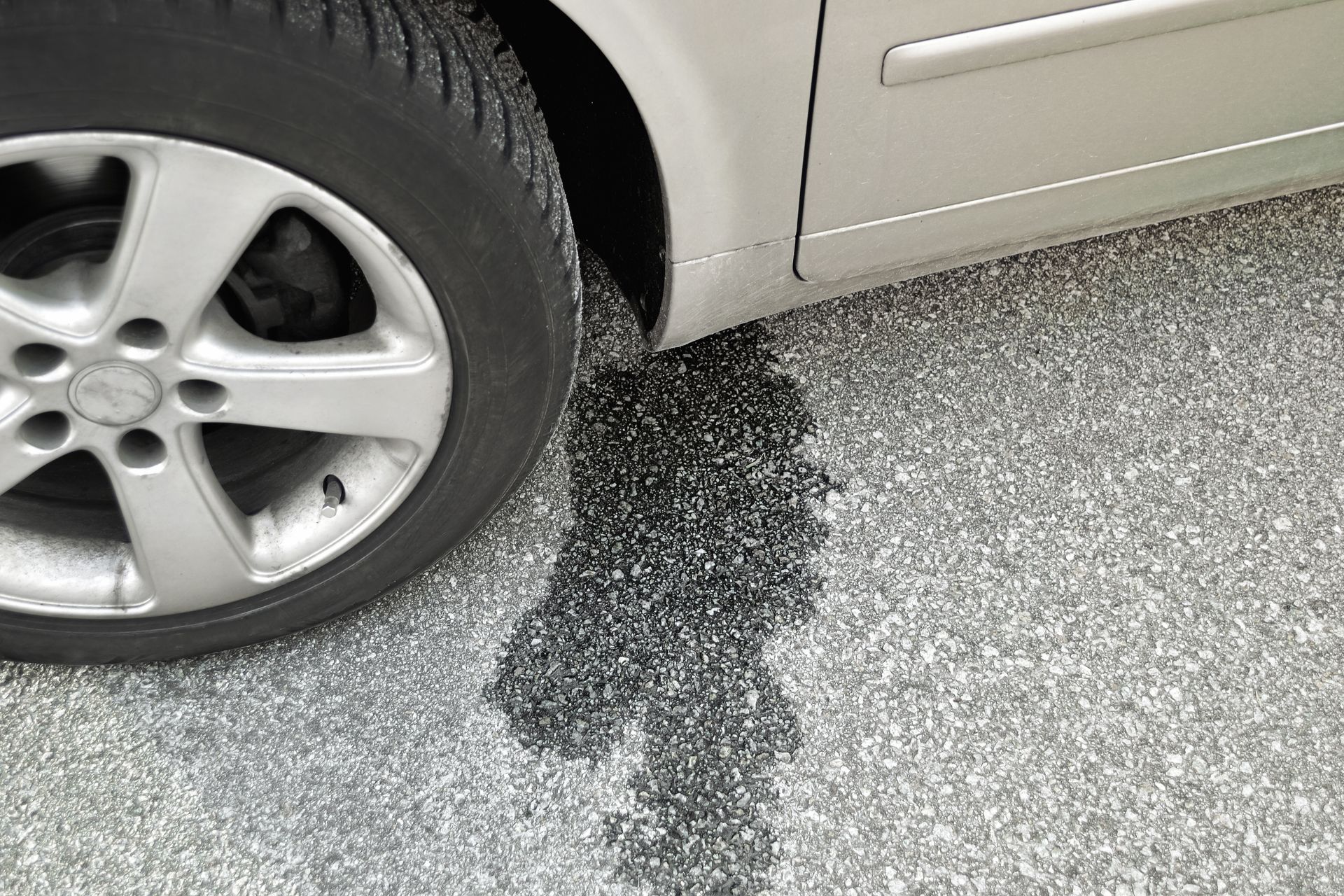Navigating the requirements for a Texas vehicle inspection can feel daunting, but it's an essential part of vehicle ownership in the Lone Star State.
Our comprehensive guide aims to demystify the process, ensuring you know exactly what to expect, how to prepare, and why it's crucial for your safety and compliance with state laws.
The Importance of Vehicle Inspection in Texas
Texas vehicle inspections are designed to ensure that vehicles on the road are maintained for safe operation. These inspections cover various components of your vehicle, from the braking system to emissions, to ensure they meet Texas safety standards. Adhering to these regulations not only keeps you and other road users safe but also contributes to environmental conservation efforts through emissions testing in certain areas.
Understanding the Inspection Process
The inspection process in Texas is straightforward. You'll need to bring your vehicle to a certified inspection station, where a trained inspector will conduct a comprehensive check of your vehicle's safety features, including brakes, lights, horns, mirrors, windshield wipers, and steering mechanisms. In addition, if you reside in one of the major metropolitan areas, your vehicle will also undergo an emissions test.
Preparing for Your Vehicle Inspection
Preparation can simplify the inspection process. Ensure that all your vehicle's lights are working, the brakes are functioning correctly, and other safety equipment is in good condition.
Also, check that your windshield has no significant cracks that could impair vision. For the emissions test, a well-maintained engine is less likely to face issues passing the inspection.
What Happens if You Fail the Inspection?
Failing a Texas vehicle inspection means your vehicle has not met the state's safety or emissions standards. If this happens, you will receive a report detailing the reasons for the failure. You'll then have a specified period to address these issues and have your vehicle re-inspected. It's important to correct all issues promptly to ensure your vehicle is compliant and safe to drive.
The Role of Emissions Testing
Emissions testing is part of the inspection process for vehicles in certain Texas counties to meet federal clean air requirements. This test evaluates your vehicle's exhaust emissions to ensure they are within the standards set by the Texas Commission on Environmental Quality. Passing this test is crucial for reducing air pollution and ensuring your vehicle is environmentally friendly.
Staying Compliant with Texas Vehicle Inspection Laws
Staying informed about the latest Texas vehicle inspection laws is crucial. The requirements can change, and being aware of these changes ensures your vehicle remains compliant. Always check the expiration date of your current inspection sticker and plan your next inspection accordingly to avoid any lapses in compliance.
The Cost of Vehicle Inspection
The cost of a Texas vehicle inspection can vary depending on the type of inspection required and the county in which you reside. Typically, there is a set fee for the safety inspection and an additional fee for the emissions test in counties where it's required. These fees are set by the state and are subject to change, so it's wise to verify the current costs before heading to your inspection.
For all of your inspections, diagnostics, and needed repairs, contact us at
Kwik Kar Auto Repair! We will ensure that your state inspection passes with flying colors!
